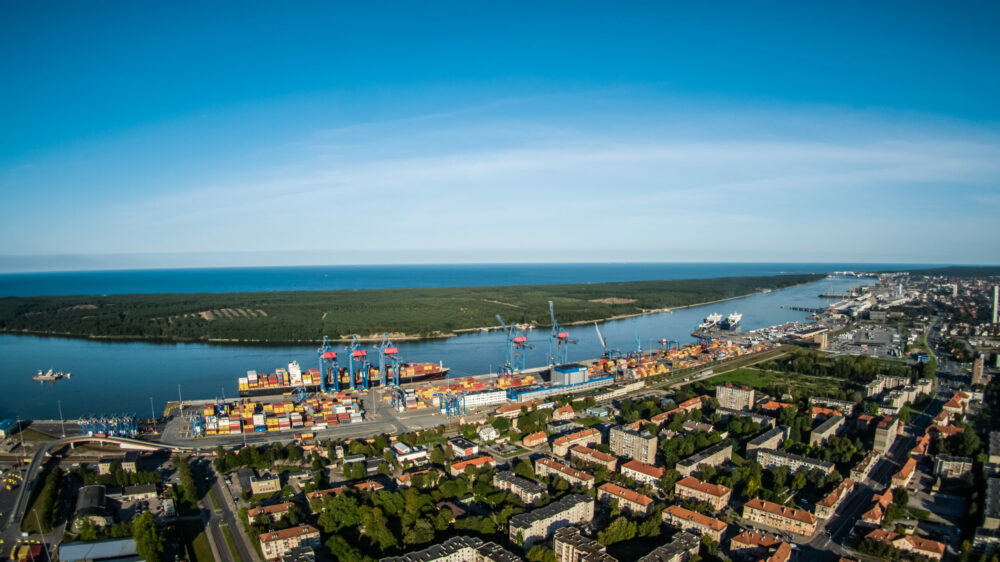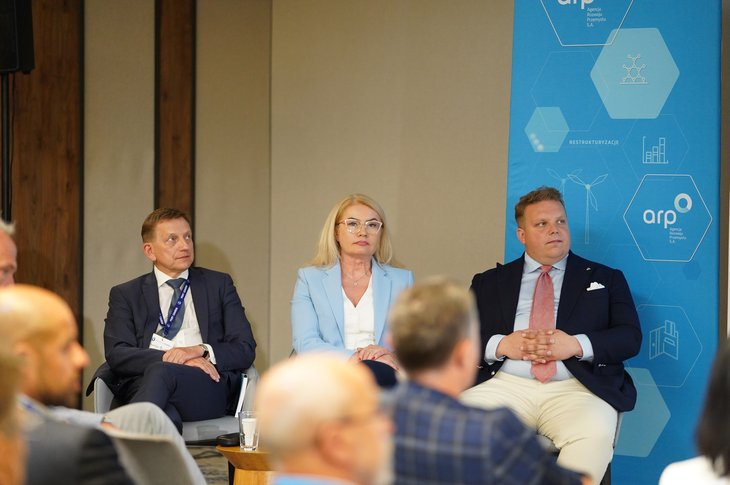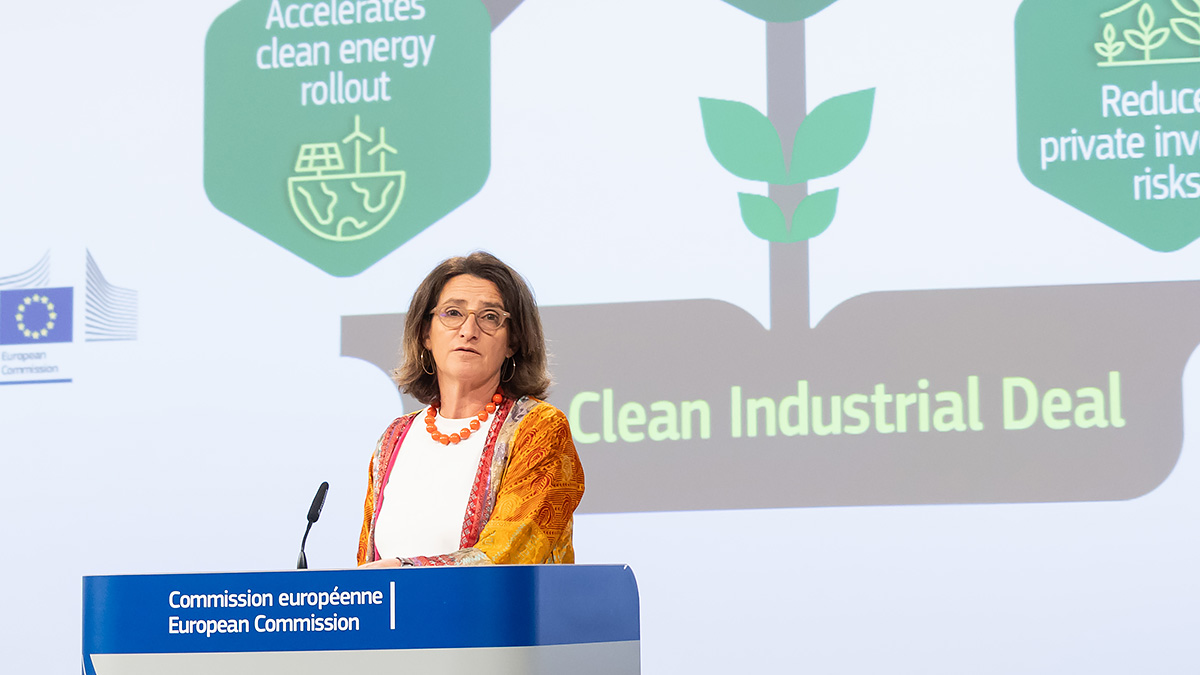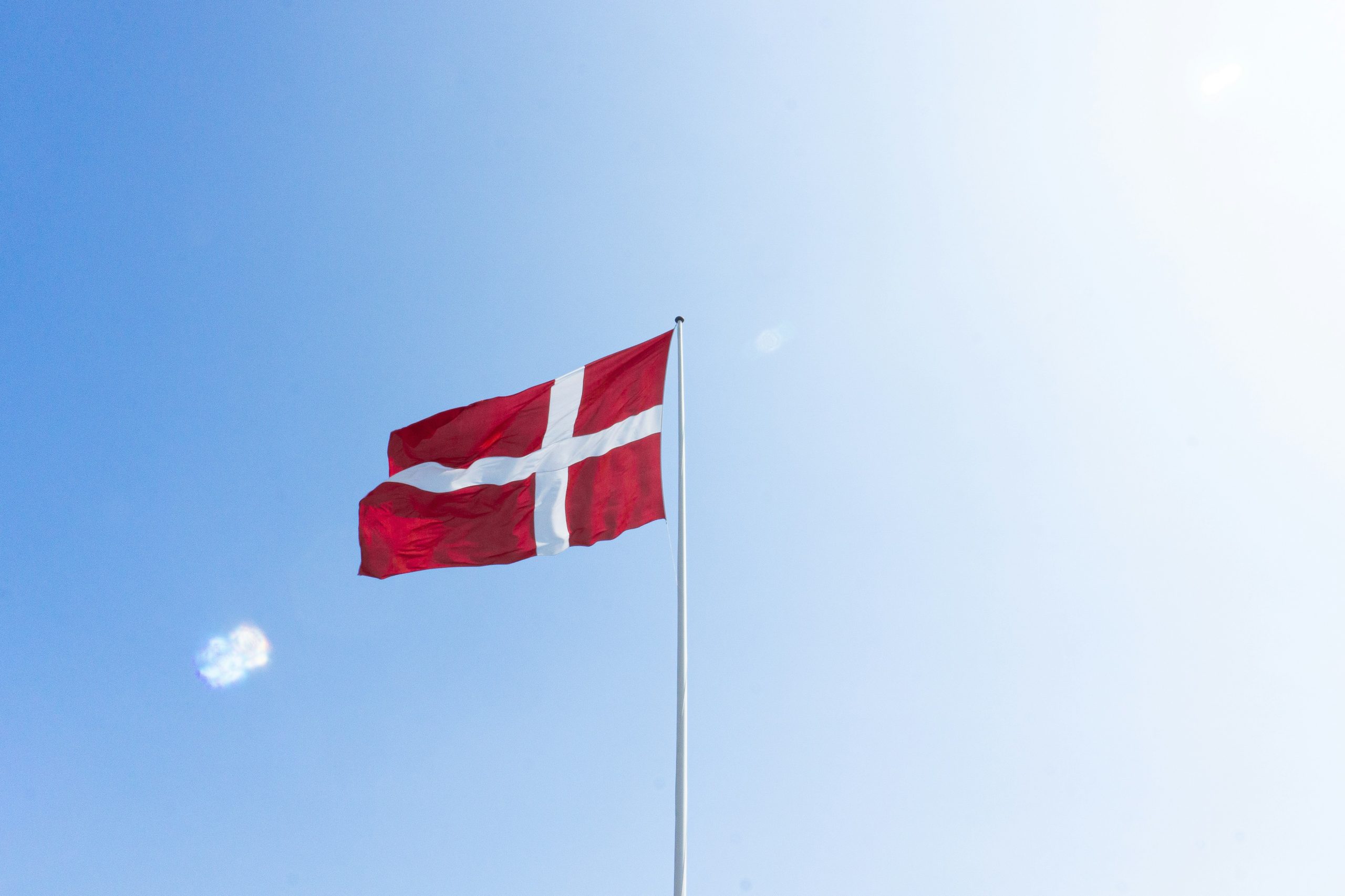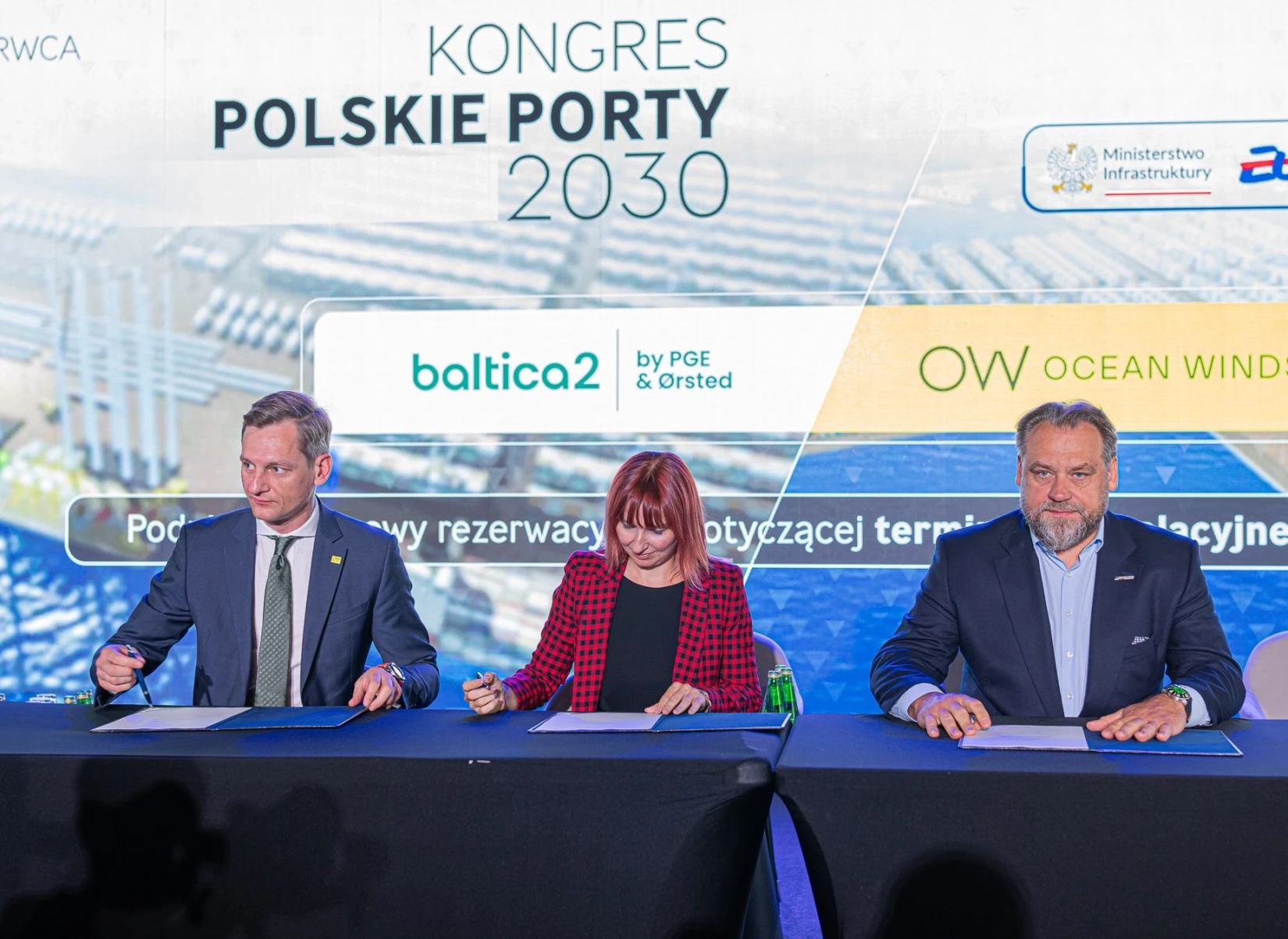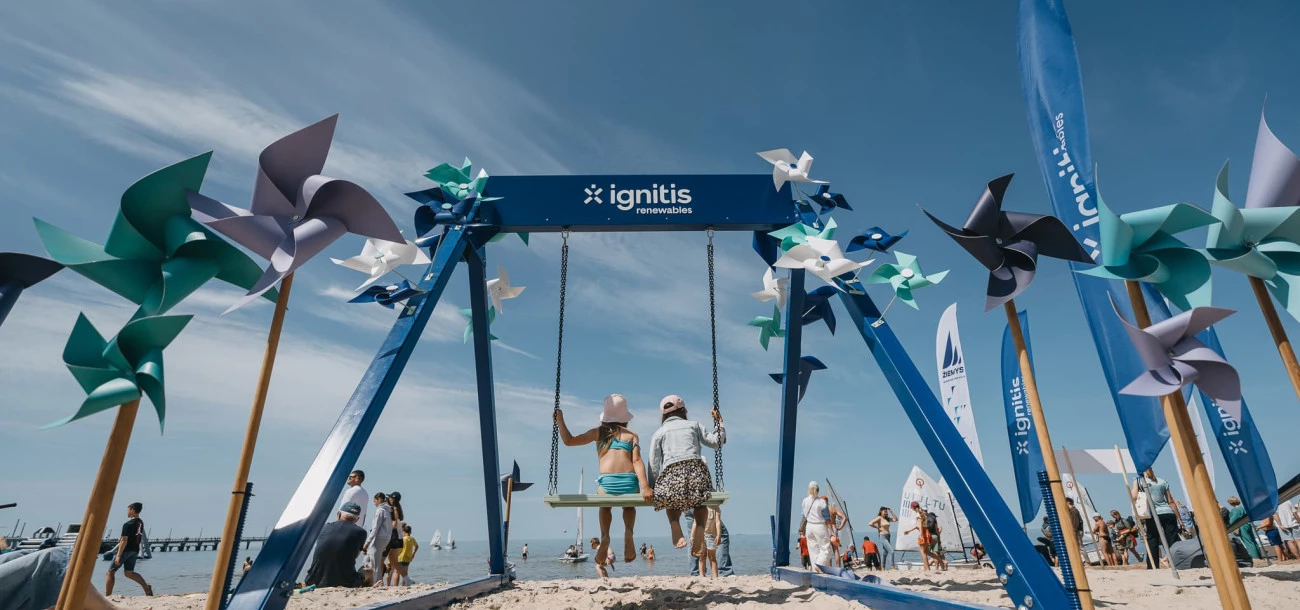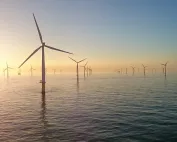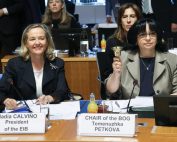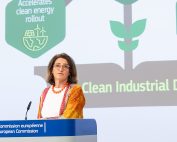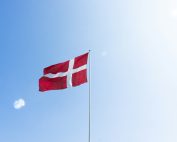As Lithuania prepares for the construction of its first offshore wind farm and the Port of Klaipėda is set to become an important platform for wind power generation, an international conference on wind energy has been organised in the port city. A large delegation from the Netherlands also shared their experience.
As countries move more and more rapidly towards renewable energy, offshore wind energy is becoming particularly important for achieving energy independence, the European Green Deal and climate change mitigation goals. International cooperation is particularly important for the development of this field, allowing newcomers to gain the necessary experience. This is why the international conference in Klaipėda brings together highly experienced experts from the Netherlands, as well as representatives from the public and private sectors. The conference is organised by the Embassy of the Netherlands in Lithuania.
“Offshore wind energy in the Baltic Sea is very promising today and Lithuania is actively preparing for it. We are pleased that the efforts we have made and that the Port of Klaipėda is part of this development are already working and bearing fruit – today Klaipėda is hosting the International Offshore Wind Energy Conference. It brought together experts, people interested in wind energy and business people involved in the development of this activity. We have no doubt that there will be more and more such international events in Klaipėda”, says Algis Latakas, Director General of the Klaipėda State Seaport Authority.
Klaipėda Seaport is actively preparing to become a major platform for the wind turbine manufacturing industry and a base for their maintenance. Preparatory work is already underway in the southern part of the Port of Klaipėda, at the former International Ferry Terminal. Around 20 hectares of the port area will be adapted for this activity. Infrastructure investments could amount to more than €30 million. Private business is investing in superstructure.
The first offshore wind farm with a capacity of around 700 MW in the Lithuanian territorial waters off Palanga is planned to be operational in 2028.
By 2030, Lithuania plans to develop two offshore wind farms in the Baltic Sea with a combined capacity of 1.4 GW, which will provide half of Lithuania’s current electricity consumption.
Source: portofklaipeda.lt
